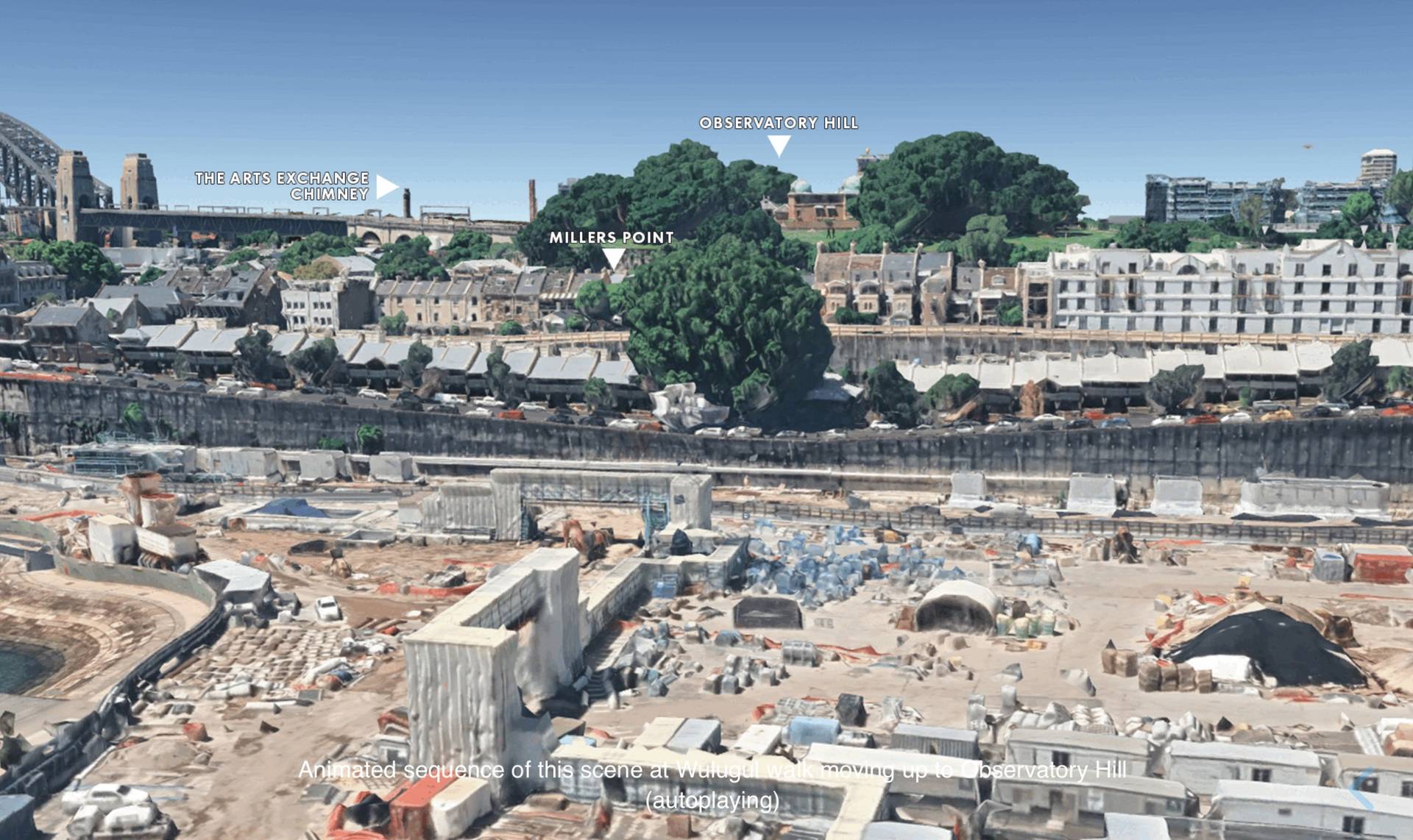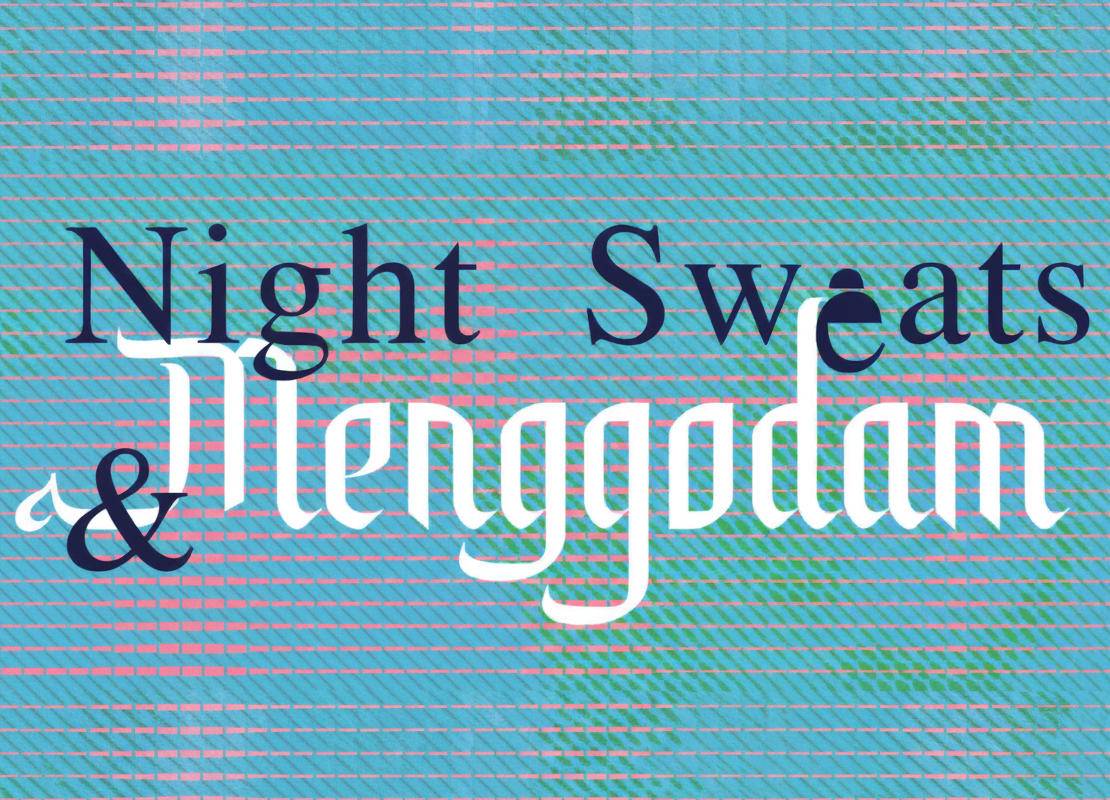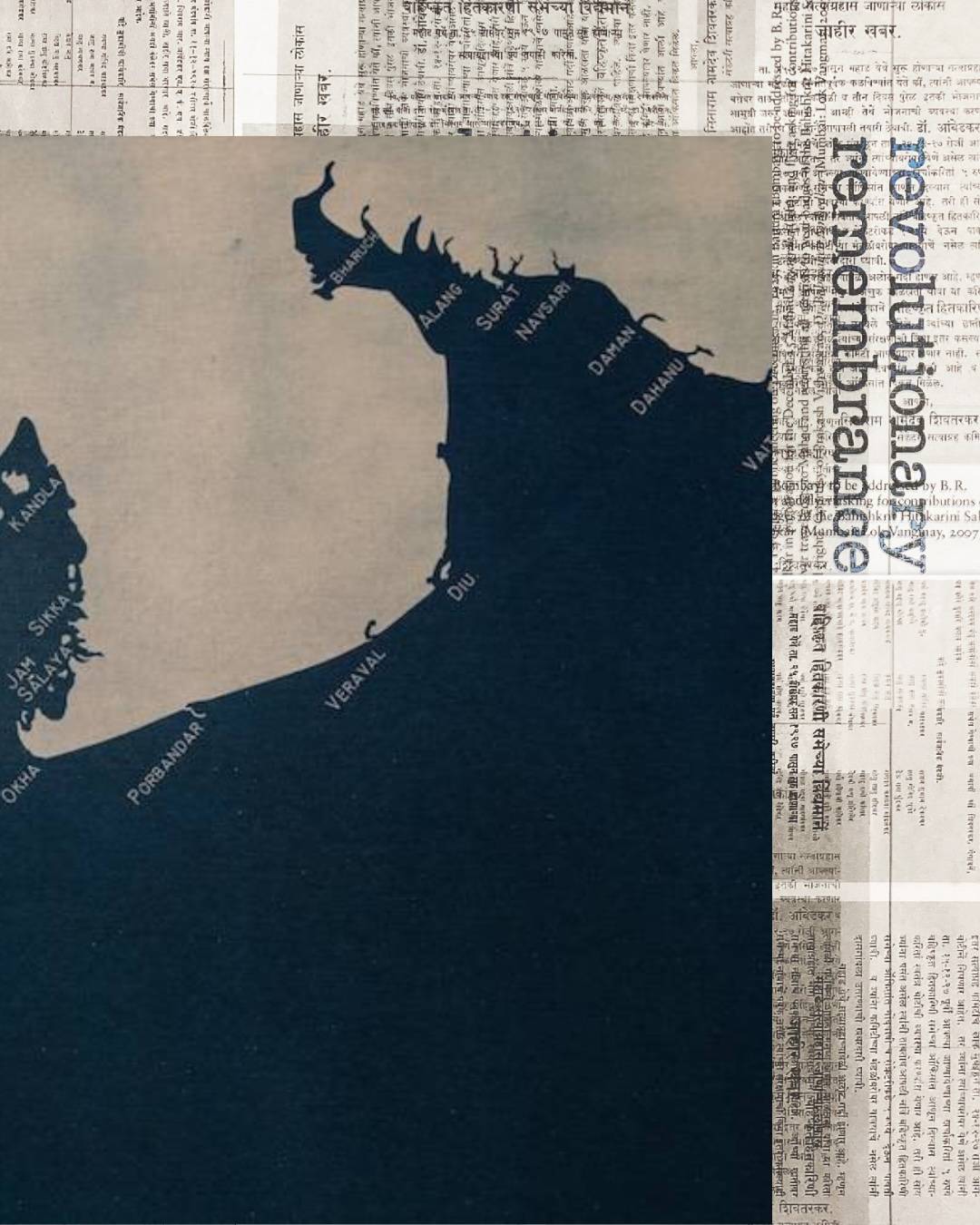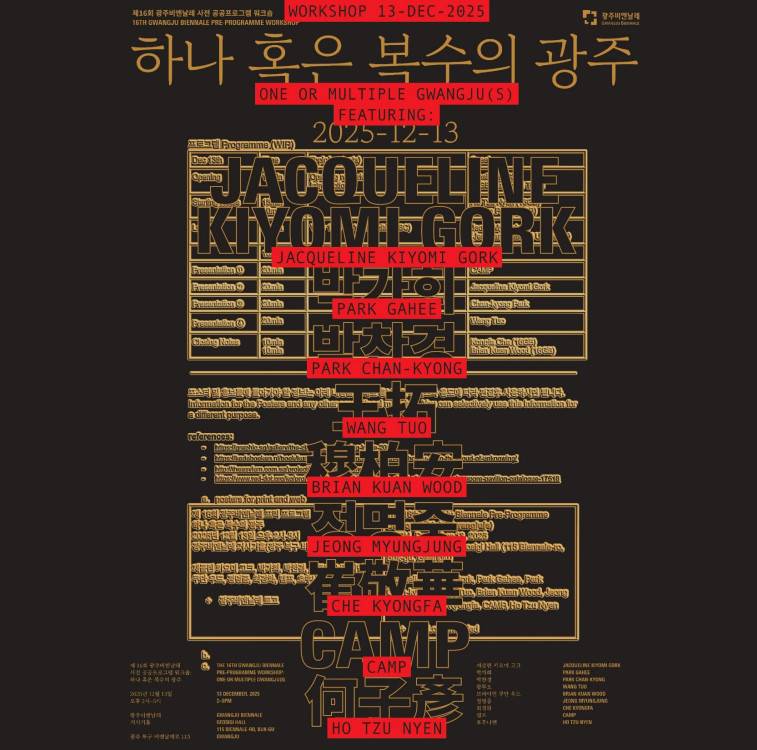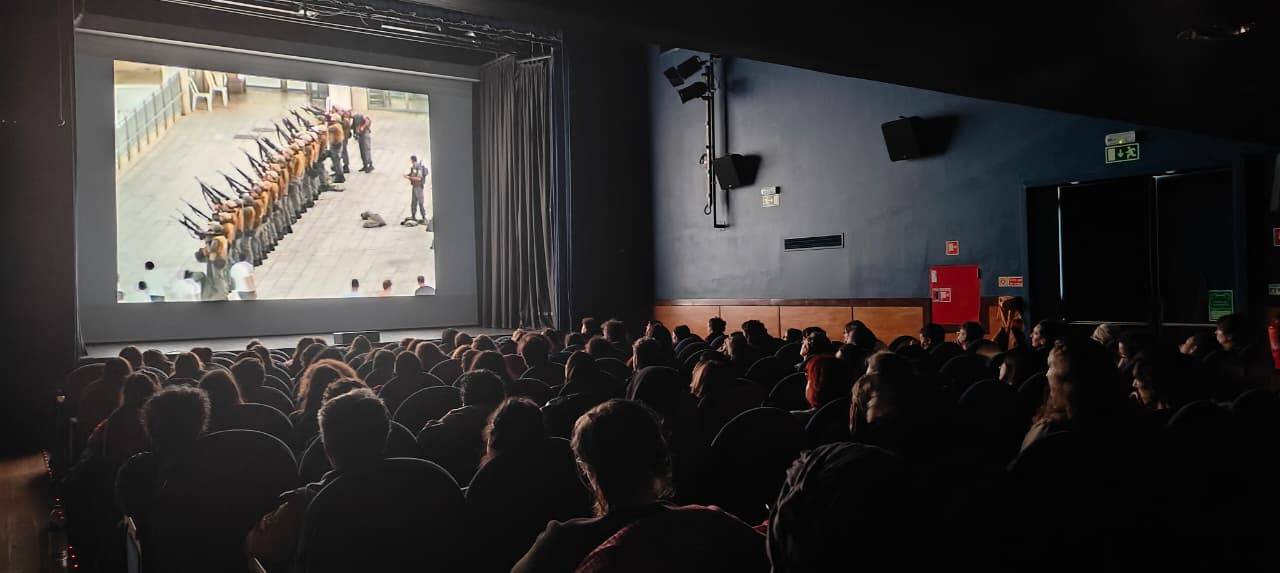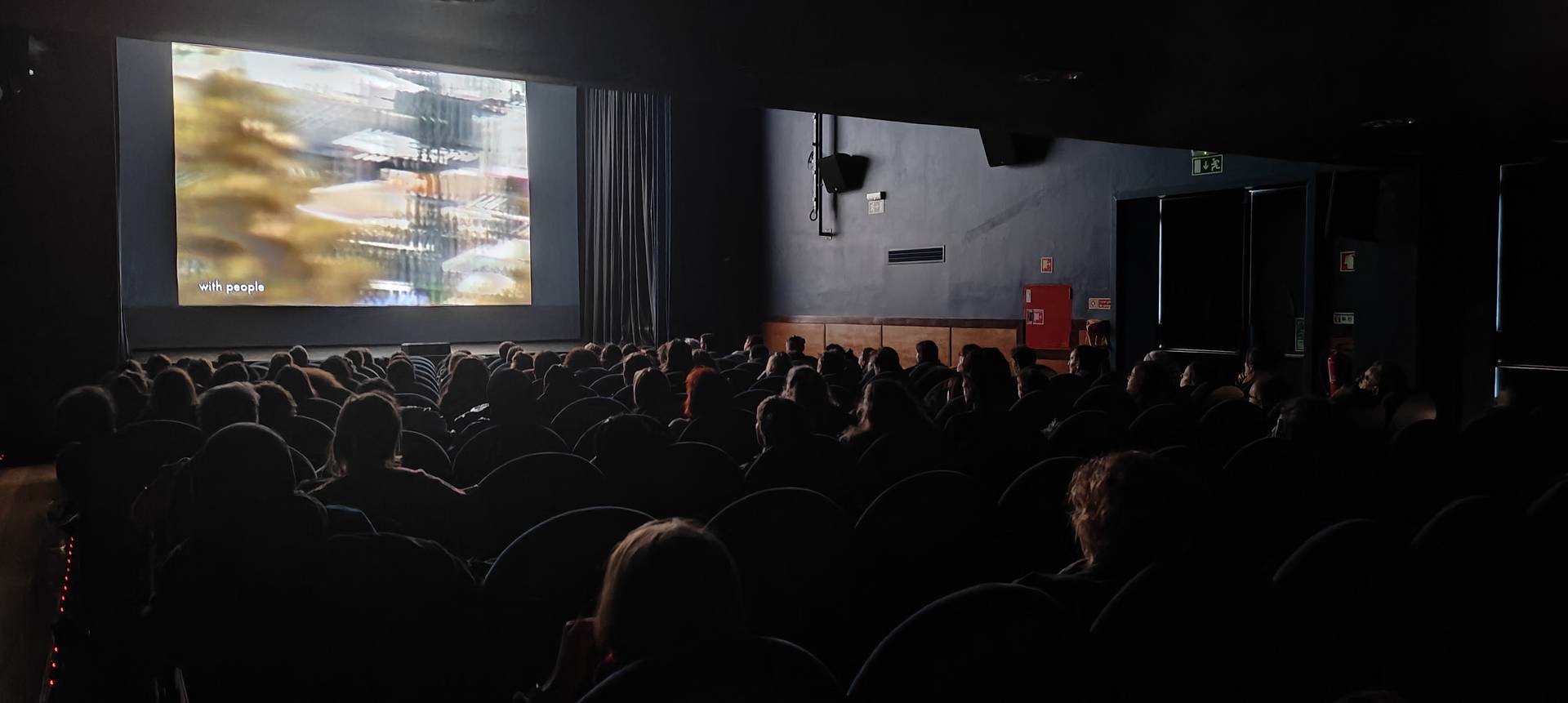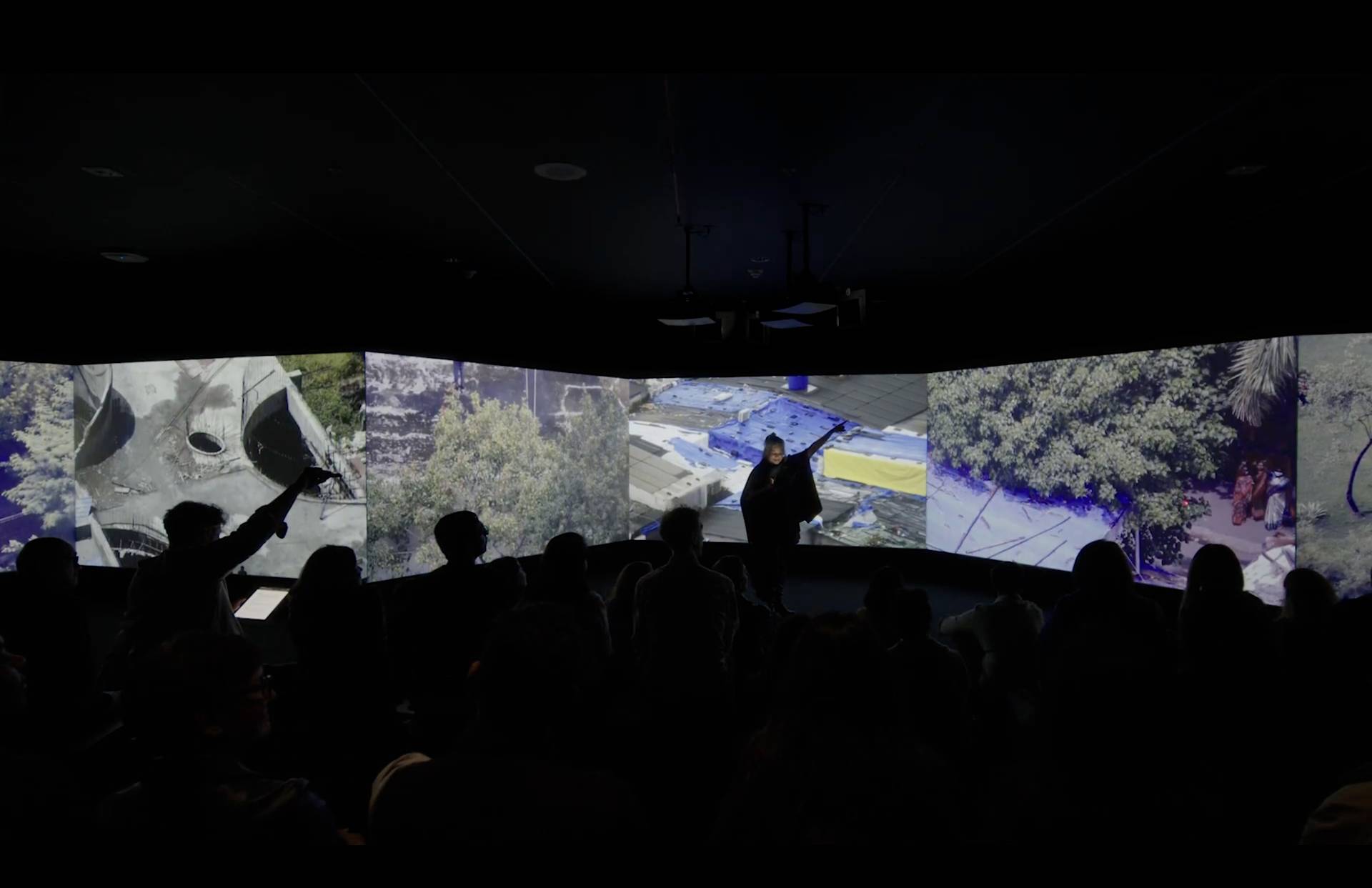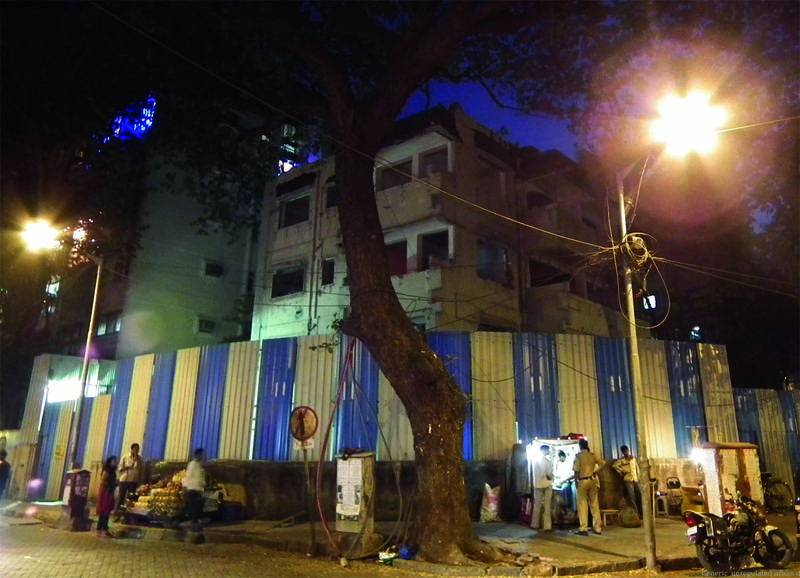
The Aesthetics of Infrastructure
Oct. 23, 2011 - Nov. 28, 2011
November 21, 2011
Ashok Sukumaran is part of the current Cubitt exhibition "The
City is a Blazing, Burning Bonfire". He proposed this discussion as a way of
listening to Owen Hatherley's evocation of a
vital and equitable modernist style, while exploring "infrastructure" as
a reality and metaphor of distribution systems, technological affect, and
struggles to build.
"The
City is a Blazing, Burning Bonfire"
23 October 2011 - 28 December 2012
Among
the peculiar ways in which modernism as style developed in the Indian
"subcontinent", two big families of structures are still standing. One could be called PWD (public works department) style, the
aftermath of socialist modernism
in the Nehru/ Corbusier era, whose "temples of modernity" also
trickled down into blocks of
flats, electrical substations, milk booths, neighbourhood water tanks
and
other structures that deliberately ignored traditional aesthetics,
practices and markets, in the attempt to build a new society. The second would be what Ravi
Sundaram
has called "pirate modernity", the non-ideological and often
non-legal proliferations that arose to fill in
gaps in the grid, so to speak, and by which large populations have
accessed water, energy, films, music, resources and ideas.
The
current situation is of intense commercial and "global" pressures on
these
regimes, both of which have a strong aesthetic and egalitarian
dimension. Contemporary infrastructures (attempts to produce or evoke
the equitable, open, accessible, or exciting at a certain scale; similar
to traditional public spaces, by
different actors including artists, architects, community groups,
technologists, the state, etc) are looking at the victories and
losses
sustained by
these and other standing structures, in attempts to imagine and build new ones.
Yet infrastructures are complex beasts, also capable of great divides between what they look like, and what they do. Hence, aesthetics.
Ashok Sukumaran is an artist. He has an interest in archaeologies and materialities of technology, and in aesthetics
beyond art.
Owen Hatherley is a writer and architecture critic. He is the author of Militant Modernism, 2009, A Guide to the New
Ruins of Great Britain, 2010, and Uncommon, about the pop group Pulp, 2011.

